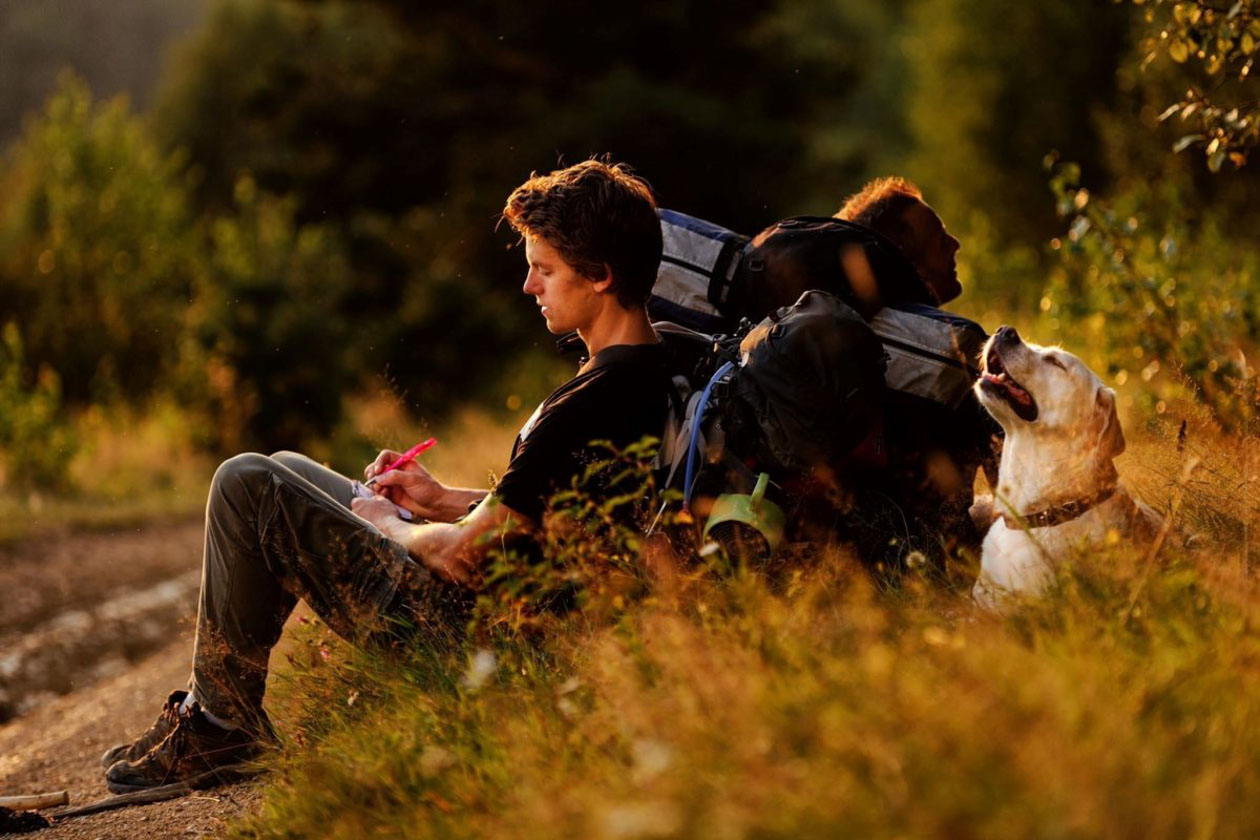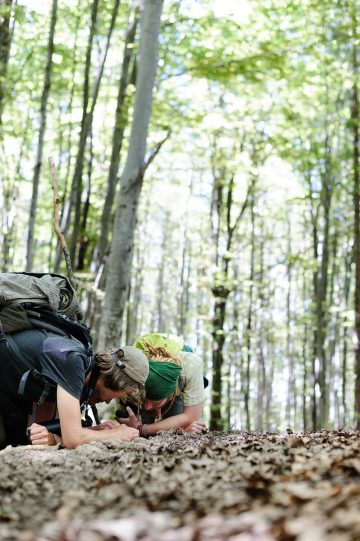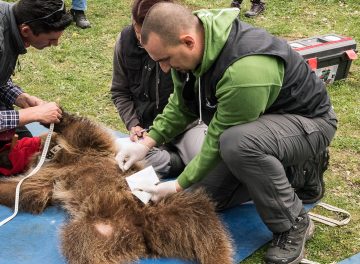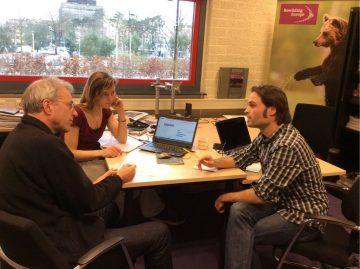With rewilding taking shape and spreading, job opportunities are increasing too. We find out what it takes to be a “rewilder”.

When you think about jobs of the future, what springs to mind? Something in artificial intelligence or robotics maybe. Or somebody fitting smart meters, fighting cybercrime or fixing autonomous vehicles. It’s safe to say rewilding probably doesn’t top the list.
Yet today burgeoning trends in land abandonment, wildlife comeback, nature-based economies and a desire to live alongside wild nature are manifesting themselves across the continent, driving and supporting the rise of rewilding. An increasingly diverse spectrum of rewilding projects are now taking off across Europe. More and more young people are learning about and becoming inpsired by rewilding, and carrying out rewilding-related projects.

Rewilding as a progressive conservation approach is gradually growing in popularity. At Rewilding Europe we receive numerous job enquiries. After each presentation that we make to students, there is huge interest amongst young people who want to further their education in rewilding.
All of this means that the number of opportunities in rewilding are more than likely to multiply over the coming years. For those interested in wild nature, a career in rewilding is steadily becoming more attainable and attractive. Being a “rewilder” is no longer an obscure, niche profession.
For the benefit of wouldbe rewilders, both now and down the line, we chatted to members of the Rewilding Europe team with different backgrounds to find out how they became involved in rewilding, and their thoughts on what it takes to follow a career in this increasingly relevant and popular profession.
WH: Wouter Helmer, Head of Rewilding
YK: Yvonne Kemp, European Rewilding Network Exchange Officer
AK: Alexandros Karamanlidis, Regional Manager
GM: Georg Messerer: Wildlife Tourism Officer, Southern Carpathians rewilding area
How did you become involved in rewilding?
GM: Eager to explore Europe’s wild nature, I googled something along the lines of wilderness and wild Europe, and kept landing on the Rewilding Europe homepage. I was soon hooked.
AK: I read about Rewilding Europe and decided to apply for an open position. Unsuccessful, I applied for another managerial position two years later and my luck was in!

What does it mean for you to be a rewilder?
GM: I can get away with doing hugely fun things like trailing wild European bison with interesting people in beautiful landscapes, all the while knowing that I’m making a positive contribution to Europe’s wild nature.
AK: I love this job because it is on the cutting edge of conservation science and I find this challenging. I also like the fact that you have to think on a broader scale and in the long term, which not everyone can.
Can you still be a rewilder if you’re sitting in an office 99% of the time?
YK: Both office and fieldwork have to be done, and one cannot go without the other. But for me, going outside is interconnected with the job – you have to see the reality on the ground in order to know what you are truly talking about. Seeing wild nature also inspires you to take the next steps.
WH: There must be a balance between fieldwork and office time. As the whole rewilding philosophy is about reconnecting people with nature, you can’t do your job properly if you don’t have this desire to be connected with nature yourself. But you also need to do things such as inspiring others and attracting new partners and investors, and in return be accountable for the trust these partners give you. Therefore part of your time will always be spent on reporting, meetings and story writing, which are activities that tie you to the office.

For someone interested in becoming involved in rewilding, what would you say are some useful personal skills? And what are some of the toughest challenges?
WH: Be open-minded, entrepreneurial (dare to fail), empathetic with others (including other species), alive to opportunities and communicative. The biggest challenge is to accept that change is the only certainty in life. The solutions of yesterday are not the solutions for today’s problems.
AK: Have a good understanding of how conservation works on the ground, the ability to work in a multicultural environment, and good negotiating skills. The toughest challenge is the fact that rewilding does not come overnight. Although significant results can be achieved over the short to medium term, it may take years, even decades, to see impact at scale.
Do you think / hope there will be more career opportunities within rewilding in the future?
AK: Yes, I think that in the future there will be more opportunities. I’m not sure they will all be labelled “rewilder”, but this will be the true essence of the job.
WH: There will be! With increasing automation leading to a decline in routine jobs, the future will see more professions related to authentic experiences. Wild nature can offer these.

Do you think young people view rewilding differently to older people? If so, how?
YK: I think younger generations have a more opportunistic view. Many have a more dynamic and energetic approach, and are keen to see what can be achieved in the field when you really seize an opportunity and make an effort.
AK: Definitely. I think this is related to a person’s life experiences. With young people today experiencing nature in a different way to their parents, it is only logical that they also view rewilding differently.
If you hadn’t been a rewilder, what would you have been?
GM: A musician, artist or professional skateboarder.
WH: As a child I wanted to be an explorer. But my elementary school teacher told me that the Earth had already been explored.
AK: Some kind of sportsman.
YK: A vet.
In this photo gallery take a peek into the life of us rewilders:
